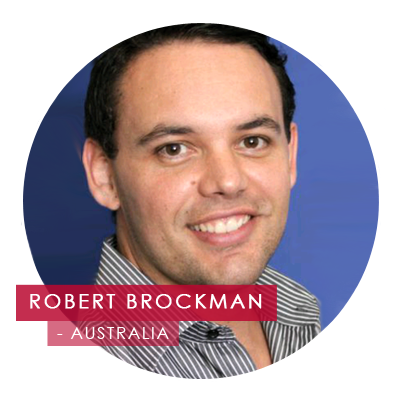INSPIRE2026 |
INSPIRE2026 |

Schema Therapy (ST) mode formulations have recently been extended to explain and treat a range of chronic treatment resistant psychological disorders including eating disorders and depression. Robert Brockman, the winner of the 2016 Young Investigator Award, discusses the results of a study aimed at considering the applicability of the mode model to Generalised Anxiety Disorder (GAD), in an interview by Travis Atkinson, the ISST Public Affairs Coordinator.
Pathological worry, the central feature of GAD, can be postulated as a maladaptive ‘coping mode’ within the schema mode model, serving to distance sufferers from the experience of more intense emotional states. The study aimed to test this hypothesis by testing a mediation model in which the relationships between both vulnerable and angry child modes, and pathological worry were mediated by avoidance.
Methodology: 109 adults with self-reported anxiety disorder completed an online survey consisting of the Schema Mode Inventory (SMI), the Penn State Worry Questionnaire (PSWQ), and the Acceptance and Action Questionnaire-2 (AAQ-2).
Results: Correlation and multiple regression analyses supported all hypothesised relationships. Experiential avoidance fully mediated the relationships between the vulnerable and angry child modes and pathological worry.
Conclusion: These findings are consistent with a model in which pathological worry behaviour functions as a maladaptive coping mode within the Schema Mode Model, which we propose can be called an ‘Analysing-Worrier’ mode. On this account GAD may be amenable to ST treatment techniques, which warrant further exploration in this population.
Robert Brockman: 2016 ISST Young Investigator Award Winner | Interview by Travis Atkinson |
©2021 International Society of Schema Therapy e.V.
International Society of Schema Therapy e.V. is a not-for-profit organization, Germany